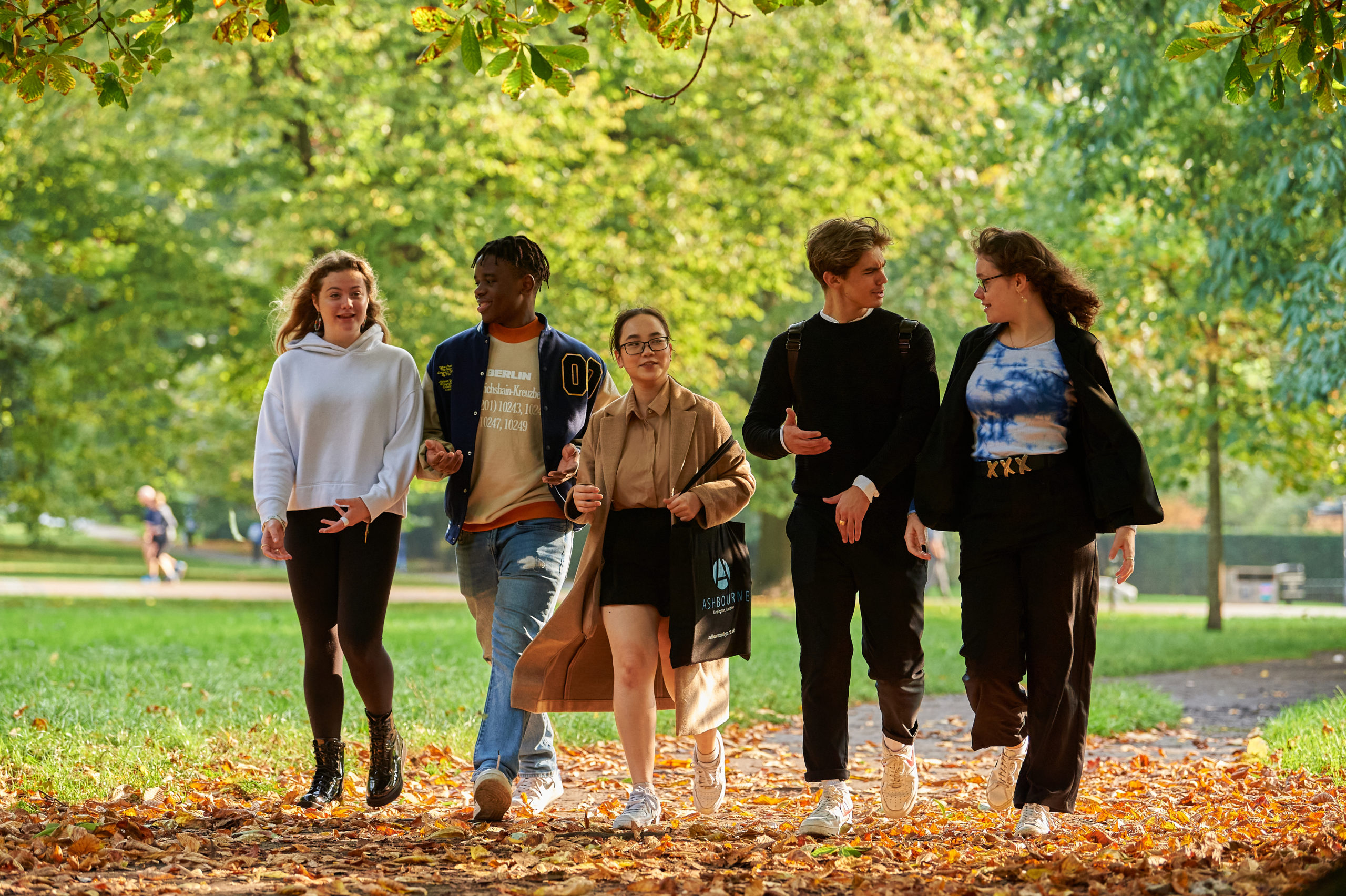A Level Spanish Course
Ashbourne’s A level Spanish students are encouraged from the very start to immerse themselves in the language to build their confidence and fluency so they achieve excellent final results.

Ashbourne’s A level Spanish students are encouraged from the very start to immerse themselves in the language to build their confidence and fluency so they achieve excellent final results.

Spanish is currently the fourth most widely spoken language in the world and is the official language in 21 countries. Simply by learning Spanish you will broaden your jobs prospects and be able to earn yourself a ticket to travel and work confidently in the Spanish-speaking world.
Just as importantly, being able to understand and communicate in Spanish will allow you to explore and enjoy the different cultural ideas and perspectives offered by friends and through films, music, media, politics and more. As your understanding of word meanings and usage develops you will also discover and better appreciate the nuances and biases inherent within.
Learning Spanish will also improve your understanding of English and help with your other studies. Language learning challenges you to find connections, use your memory, analyse structure and differentiate meaning; and developing these communication and problem solving skills has an impact on your overall approach to learning.
Spanish is a very accessible and attractive Romance language derived from latin. Once you have mastered it you will easily be able to pick up other latin-based languages like French and Italian.

Every year Ashbourne students have the chance to visit a major European city, such as Madrid, Rome, Athens and Barcelona, during the Spring half term. The trip is an extremely popular cultural experience and a great opportunity for A level Spanish students. It is also a real highlight of many students’ time at Ashbourne.
Spanish A level is a must if you plan to study Modern Languages or Latin American Studies at university. And if you love everything about words – history, origins, form, use and meaning – etymology or comparative linguistics could be the right course for you.
Most universities also offer combined degree courses that allow you to study languages alongside other major subjects like History, Law, Business, Management, Politics and Development Studies, for example.
With all of that under your belt you could become a key asset for companies or organisations working in Spanish-speaking countries, you could be an interpreter for leading political figures at the European Commission or translate great new novels by aspiring South American writers. And much more besides.
1. Why should I study A-level Spanish?
A-level Spanish opens the door to one of the world’s most widely spoken languages, giving you the ability to communicate confidently across 21 countries. It enhances cultural understanding, job opportunities, and your ability to study or work abroad.
2. Which exam board does Ashbourne follow for A-level Spanish?
We follow the AQA specification for both AS and A-level Spanish, ensuring students gain strong skills in reading, writing, speaking, and listening.
3. What topics are covered in A-level Spanish?
Students explore themes such as the evolution of Spanish society, political and cultural values across the Spanish-speaking world, globalisation, and media. At A-level, students also study a literary text and/or film by renowned Spanish and Latin American writers or directors.
4. What cultural opportunities are available for A-level Spanish students?
Ashbourne organises an annual European trip to cities such as Madrid, Barcelona, Rome, or Athens, giving students the chance to immerse themselves in culture and practice language skills in real-world settings.